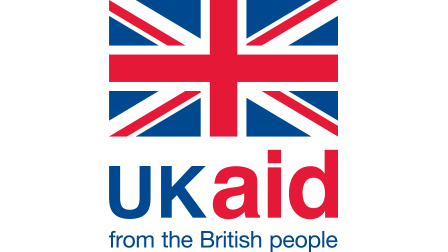
A Guide for Developing Countries on How to Understand and Adapt to the Global Minimum Tax
This guide provides policy-makers in developing countries with a simple framework to understand how the 15% global minimum corporate tax may affect them and how to adapt domestic tax policy in response.
A global minimum tax has great potential to combat tax competition and help governments collect their fair share of revenue from multinational corporations. The world has never seen a concept like the proposed 15% global corporate tax that has garnered support from more than 140 nations.
At least two dozen countries are preparing to implement the 15% minimum tax on worldwide corporate income in 2024. In response, many nations will need to adapt their domestic policies to protect their tax base. This is especially true of developing economies and in cases where incentives have lowered tax rates below the global minimum rate.
A Guide for Developing Countries on How to Understand and Adapt to the Global Minimum Tax provides policy-makers in developing countries with a simple framework to understand the global minimum tax, how it may affect their economies, and how to adapt their domestic tax policy in response to these new tax rules under Pillar Two of the Global Anti-Base Erosion (GloBE) initiative advanced by the OECD/G20 Inclusive Framework on BEPS.
This guide is co-published by the International Institute for Sustainable Development and the International Senior Lawyers Project.
Participating experts
Funded by
You might also be interested in
Inclusive Framework Agreement on the Global Minimum Tax: Recommendations to address stabilized fiscal conditions
This brief provides recommendations on how the OECD could design model legislation for a global minimum tax to address stabilized tax incentives.
What Does the Global Minimum Tax Deal Mean for Developing Countries?
Just months after the global minimum tax was approved by over 130 countries, the agreement is quickly on its way to becoming a reality. What impact could this have for developing countries and how should they prepare?
The Global Minimum Tax and Special Economic Zones
Guidance for governments on reforming tax incentives in special economic zones amid the global minimum tax.
A Balancing Act
With Nigeria's growing population in need of wide-ranging solutions to the multidimensional poverty it faces, a new IISD report outlines how the LNG dash could ultimately leave the economy more vulnerable to external shocks and without a solid domestic foundation.
